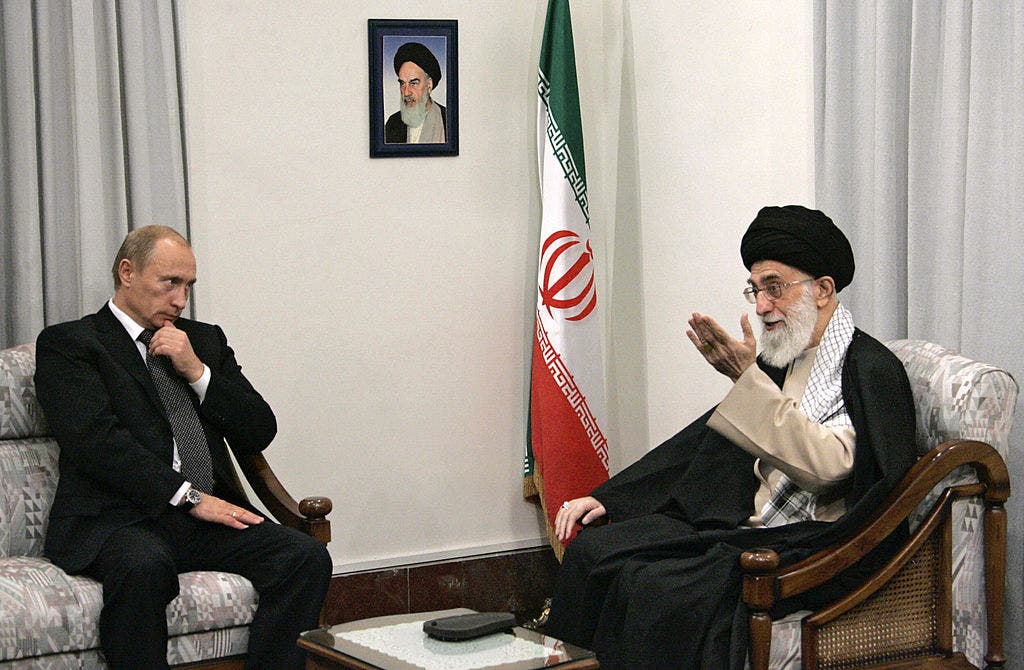Iran and Russia are in the process of finalizing a comprehensive strategic partnership that will increase their defensive cooperation and military ties. Russian Foreign Minister Sergei Lavrov announced that the treaty will be signed in the near future, with the goal of strengthening regional and global peace and security. The details of the agreement have not been fully disclosed, leaving Western nations concerned about the potential implications of this defensive partnership. This partnership comes at a time when the conflicts in Europe and the Middle East are escalating, with Iran already supplying Russia with defensive aid for its warfare in Ukraine.
Russia’s relationship with Iran has raised alarms among Western security officials, particularly due to reports of Russia providing satellite data to the Houthi terrorist group to aid in attacks on Western ships in the Red Sea. Additionally, Iran’s ties to terrorist organizations like Hamas, Hezbollah, and the Houthis have caused tension in the region, leading to increased military actions between countries. Israel, in particular, has been targeted by Iran-backed groups, resulting in threats of retaliation from Tehran. The Israel Defense Forces are prepared to respond to any further attacks by Iran, indicating that the conflict in the region is far from over.
The involvement of Russia and Iran in conflicts in Europe and the Middle East has prompted concerns from the Pentagon, particularly with regards to Russia’s supply of ballistic missiles to Iran. This supporting of Iran’s military capabilities could have far-reaching consequences for regional stability and security. Iranian threats towards Israel have intensified as the conflict with Hamas in Gaza and Hezbollah in Lebanon continues to escalate. Israel has vowed to respond decisively to any further attacks by Iran, demonstrating a commitment to protecting its citizens and interests.
Amidst the growing tensions, Russia and North Korea have also established a strategic partnership, potentially further complicating the geopolitical landscape. The Pentagon has warned that if North Korea were to join forces with Russia in conflict situations, there would be no new limits on weapons support for Ukraine. The interplay between these various partnerships and alliances adds layers of complexity to the already volatile situation in Europe and the Middle East. It remains to be seen how these developments will impact global security and stability.
The actions of Russia and Iran have drawn the attention of Western nations, who are closely monitoring the evolving situation and contemplating potential responses. The interwoven relationships between different countries and terrorist organizations create a complex web of alliances and conflicts that have implications for regional and global security. As tensions continue to rise and military actions intensify, the need for diplomacy and international cooperation becomes increasingly crucial in mitigating the risks of a wider conflict. The strategic partnerships being formed between Russia, Iran, and other countries underscore the importance of diplomatic efforts to address the root causes of conflicts and prevent further escalation.


